Table of Contents
ToggleIntroduction
In today’s fast-paced and competitive work environment, the concept of work-life balance has gained prominence. As people have to handle multiple responsibilities, it is quite essential that they should create a balance in their life to avoid burnout, reduce stress, and enhance the quality of life. Having a work-life balance empowers individuals to meet their professional responsibilities without compromising on personal relationships, health, or leisure activities.
What is Work-Life Balance
Many of us often wonder; what is work-life balance, and how to achieve it? Work-life balance is the balance between professional commitments and personal life that enables individuals to effectively manage both aspects without one overshadowing the other. It is about creating harmony between the demands of your career and the need for personal time and freedom. Achieving work-life balance is crucial as it directly impacts various aspects of an individual’s life, influencing physical health, mental well-being, and overall satisfaction.
As we explore the ways to achieve work-life balance and explore its benefits, it’s essential to recognize that this balance is not a one-size-fits-all concept. Different strategies work for different individuals, and one should identify and implement approaches that align with one’s values, priorities, and lifestyle.
Ways to Achieve Work-Life Balance
Achieving a harmonious work-life balance requires intentional strategies. Here are some practical ways to achieve work-life balance. These ways will help you to navigate the demands of both your professional and personal life:
Effective Time Management
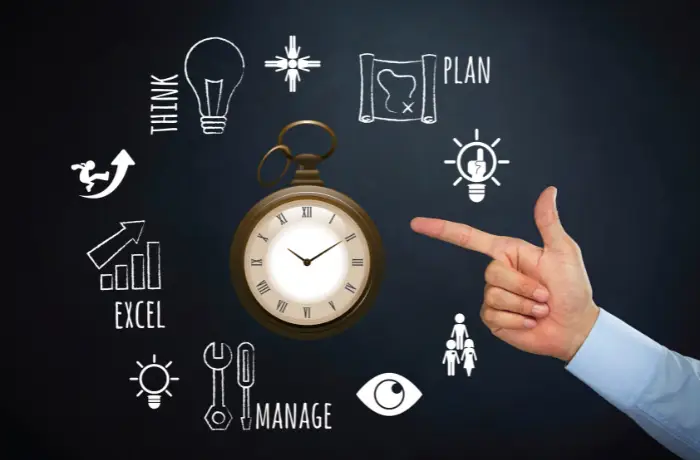
Achieving a harmonious work-life balance requires intentional strategies. Prioritize tasks based on insistence and importance. Utilize productivity tools and apps to organize your schedule. Set realistic deadlines to avoid unnecessary stress.
Setting Boundaries
Clearly define working hours and communicate them to colleagues. Learn to say “NO. Yes! You should learn to say NO when additional tasks are going to overcome you. Establish a designated workspace to create a physical boundary between work and personal life.
Prioritization
Identify and focus on high-priority tasks. Break down larger tasks into manageable steps. Regularly reconsider your goals and adjust priorities accordingly. It will help you to get rid of unnecessary thoughts and tasks.
Taking Breaks
Schedule short breaks throughout the day to recharge. Step away from your workspace during breaks to refresh your mind. Incorporate brief moments of relaxation to reduce stress.
Importance of Vacations

Plan and take regular vacations to keep yourself away from work. Use vacation time to engage in activities that bring joy and relaxation. Communicate your vacation plans well in advance to ensure a smooth workflow.
Flexible Work Arrangements
Create flexible work options, such as remote work or flexible hours. Discuss your working routine with your employers to make it suitable for your needs. Use technology to stay connected to enjoy a more flexible work environment.
Self-Care Practices
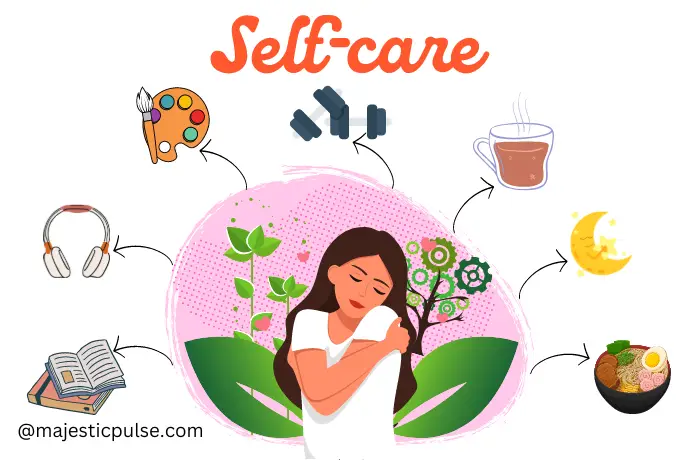
Prioritize self-care activities, such as exercise, meditation, or hobbies. Establish a consistent sleep routine for optimal well-being. Separate some time for activities that bring personal satisfaction.
Remember, achieving work-life balance is a continuous process. It requires adaptability and self-awareness. Implementing these strategies can contribute to a more balanced and fulfilling lifestyle.
The Importance of Taking Breaks
In the hustle and bustle of modern work life, taking breaks is not a luxury anymore but a necessity. Breaks play an important role in maintaining productivity, focus, and overall well-being. Long engagement in a task often results in a decline in attention, which in turn leads to reduced productivity. Short breaks, like a brisk walk, a quick stretch, or a moment of mindfulness, act as a reset button for the brain.
Taking a break may help workers fight off exhaustion, lower stress levels, and boost creativity. Breaks foster a healthier work environment by preventing burnout and promoting mental clarity. Promoting a healthy work environment that prioritizes workers’ well-being and productivity may be achieved by introducing frequent breaks.
The Significance of Vacations
Vacations are not just a pause in routine; they have a fundamental role in maintaining a healthy work-life balance. They allow individuals to recharge, revitalize, and return to work with renewed energy. Vacations contribute to improved mental health, reduced stress levels, and increased overall job satisfaction.
Employers who support and encourage employees to use their vacation time often observe enhanced productivity and creativity at their return. A relaxed and stress-free workforce can handle challenges with resilience and enthusiasm. Vacations are actual investment in employee relaxation and, consequently, in the long-term success of the organization.
Benefits of Work-Life Balance
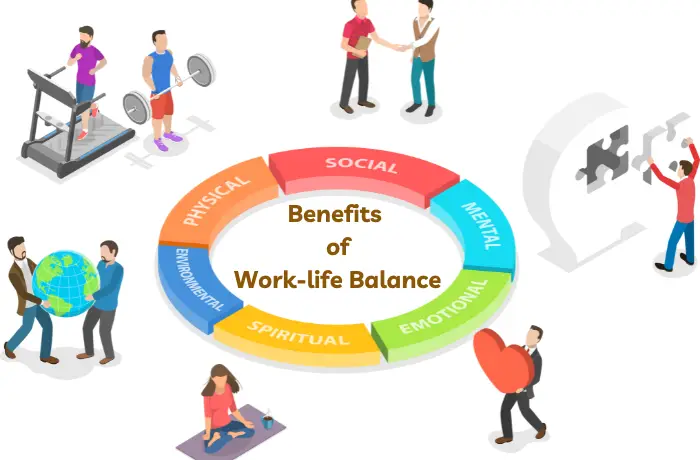
There are a lot of benefits of work-life balance that extend beyond the workplace. Having a harmonious equilibrium between professional and personal life has far-reaching benefits for individuals and organizations alike.
Mental Well-being
Achieving work-life balance contributes significantly to mental well-being. Individuals experience reduced stress, anxiety, and burnout when they can effectively manage their time and set clear boundaries. This, in turn, fosters a positive mindset, resilience, and overall mental health.
Physical Health
Work-life balance isn’t just about mental health; it’s also crucial for physical well-being. Chronic stress and overworking can lead to various health issues. Conversely, a balanced lifestyle that includes regular breaks, sufficient sleep, and time for physical activities contributes to a healthier body and a reduced risk of stress-related problems.
Greater Job Satisfaction
Employees who maintain a healthy work-life balance often have higher job satisfaction. The way employees feel about their jobs is positively affected when they have control over their time and can live a fulfilling personal life. A contented and satisfied workforce is more likely to be engaged, productive, and committed to the organization.
Enhanced Productivity and Creativity
Work-life balance is not just about avoiding burnout; it also enhances productivity and creativity. Taking breaks and having time for personal activities refreshes the mind, leading to increased focus and innovative thinking when individuals return to work. A balanced approach to work can result in high-quality outputs.
Positive Impact on Relationships
Work-life balance positively impact relationships. Individuals with a healthy work-life balance have more time and energy to invest in their personal network. This strengthens relationships with family and friends, contributing to a supportive personal life.
Overall Life Satisfaction
Maintaining a healthy work-life balance is an important factor in happiness that extends beyond the workplace. When individuals can assign time to personal tasks, hobbies, and relationships, it enhances the quality of their lives. When one’s personal life is happy and satisfying, it enhances one’s professional success and contributes to overall happiness and fulfilment.
Essentially, making work-life balance a priority is more than simply a personal preference; it’s an investment in your emotional and physical well-being, your career happiness, and your overall quality of life.
How Can I Improve My Work Life?
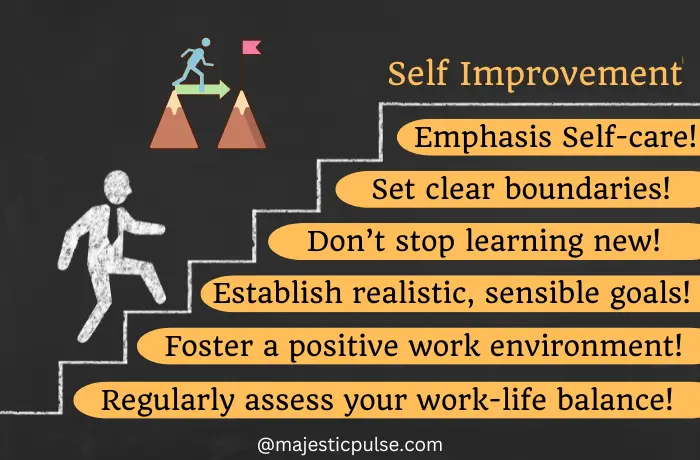
A lot of people have a striking question in their minds always; ‘how can I improve my work life’? Making deliberate changes to your approach and way of thinking may greatly improve your work life. Consider the following tips to create a more fulfilling and balanced work life:
Take help from a Coach or Therapist
When you are feeling down, stuck, or uncertain about how to take out some time for yourself, you should seek the guidance of a professional. A coach or counselor can help you pinpoint impactful changes in your routine and provide a roadmap to get started.
Talk to Your Manager
Overcoming the fear of losing is often necessary to deal with poor work-life balance. Communicating openly with your managers lets you set priorities for tasks together. If you have excessive work load, you should discuss the possibility of hiring additional support or streamlining certain responsibilities.
Reconsider Work for Balance
It may be time to reconsider your situation if you feel that your job has little to make you happy and give your life meaning. Work may not be able to meet every need, but it should bring you joy, help you grow, and bring you closer to others. Think about how you may change your position or approach your job differently.
Use Mindfulness Practices
Mindfulness acts as a powerful tool for recognizing and addressing imbalance. Mindfulness practices such as meditation and breath awareness may have a positive impact on both mental and physical health. These practices also make it easier to understand when work is overshadowing your personal needs.
Adopt A Passion Other Than Work
Get out of your desk and do things you enjoy to create a life you love. By planning activities to do after work, you may more easily disengage from job-related thoughts and feelings and find your workweek on a positive note. Engaging in recreational activities may revitalize you and give you a new outlook on life at work.
Comprehensive Strategy Development
Get a jump start in balancing work, social, and exercise obligations. Strategic planning allows for the smooth integration of many parts of life, such as walking during virtual meetings or bringing a buddy to work with you.
Synchronize with Cognitive Rhythms
Use timers like the Pomodoro method to get work done in short, focused sessions. To maximize your productivity, be sure to remove any distractions during these concentrated moments. For optimal efficiency, schedule your duties to coincide with the periods when you are most productive.
Scheduling Task Time
Break down your workday into manageable chunks and assign each one a clear purpose. Schedule times when you are most productive to respond to messages, have meetings, and do tasks that require a lot of mental effort. Task management is improved by this strategic approach.
Clearly Define Day-End
Make sure work doesn’t creep into your personal time by establishing a strict end-of-day work plan. To show your dedication, turn off any electronics that are connected to work, lock your desk, or plan something to do after work.
Maintaining a healthy work-life balance calls for a multifaceted strategy. You can improve your work-life balance, which in turn boosts your health and productivity, by using these tips.
Conclusion
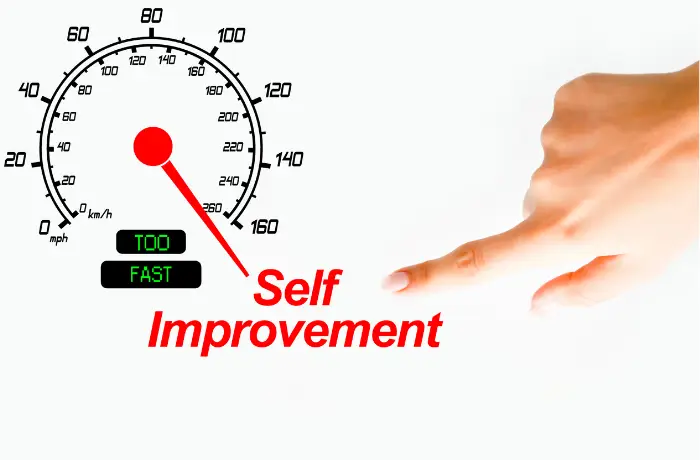
Ultimately, finding a healthy work-life balance is a process that is unique to each individual and requires deliberate action and a change in perspective. Preventing burnout, lowering stress, and increasing general happiness requires a fine balance between work obligations and personal life. One way to handle the pressures of work and personal life is to learn to manage one’s time wisely, establish healthy boundaries, and cultivate an encouraging workplace. Having a good work-life balance has several positive effects, including positive mental and physical health, work satisfaction, efficiency, and contentment with life in general. You may enhance your work life by consistently evaluating yourself, learning new things, and making self-care a priority. Striking this balance is an investment in a rich and complete life, not just a way of living.
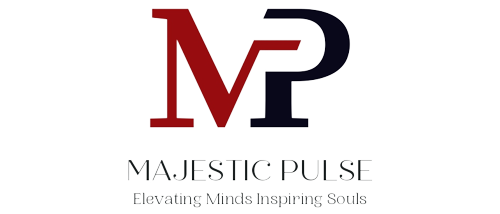
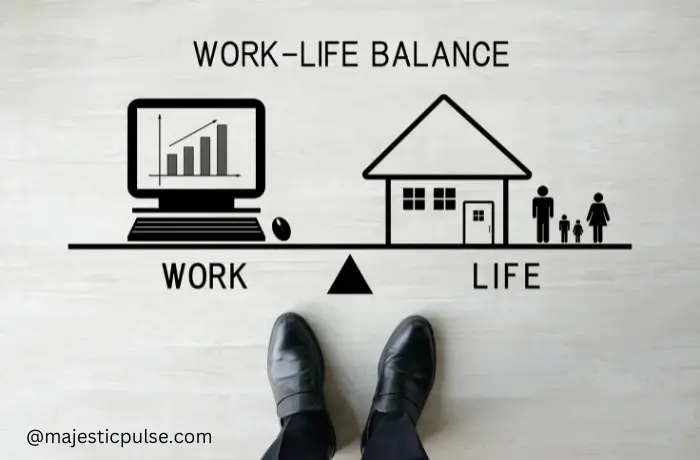
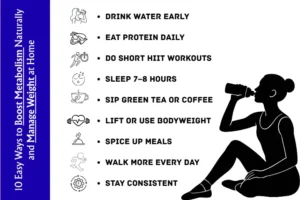


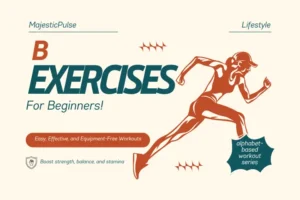




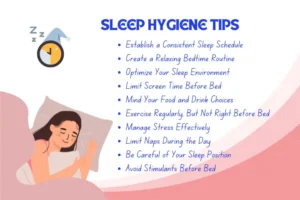









One Response
Great